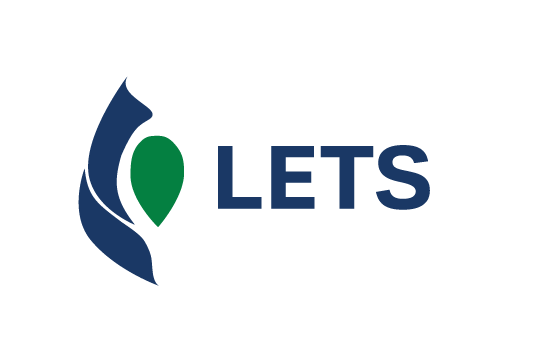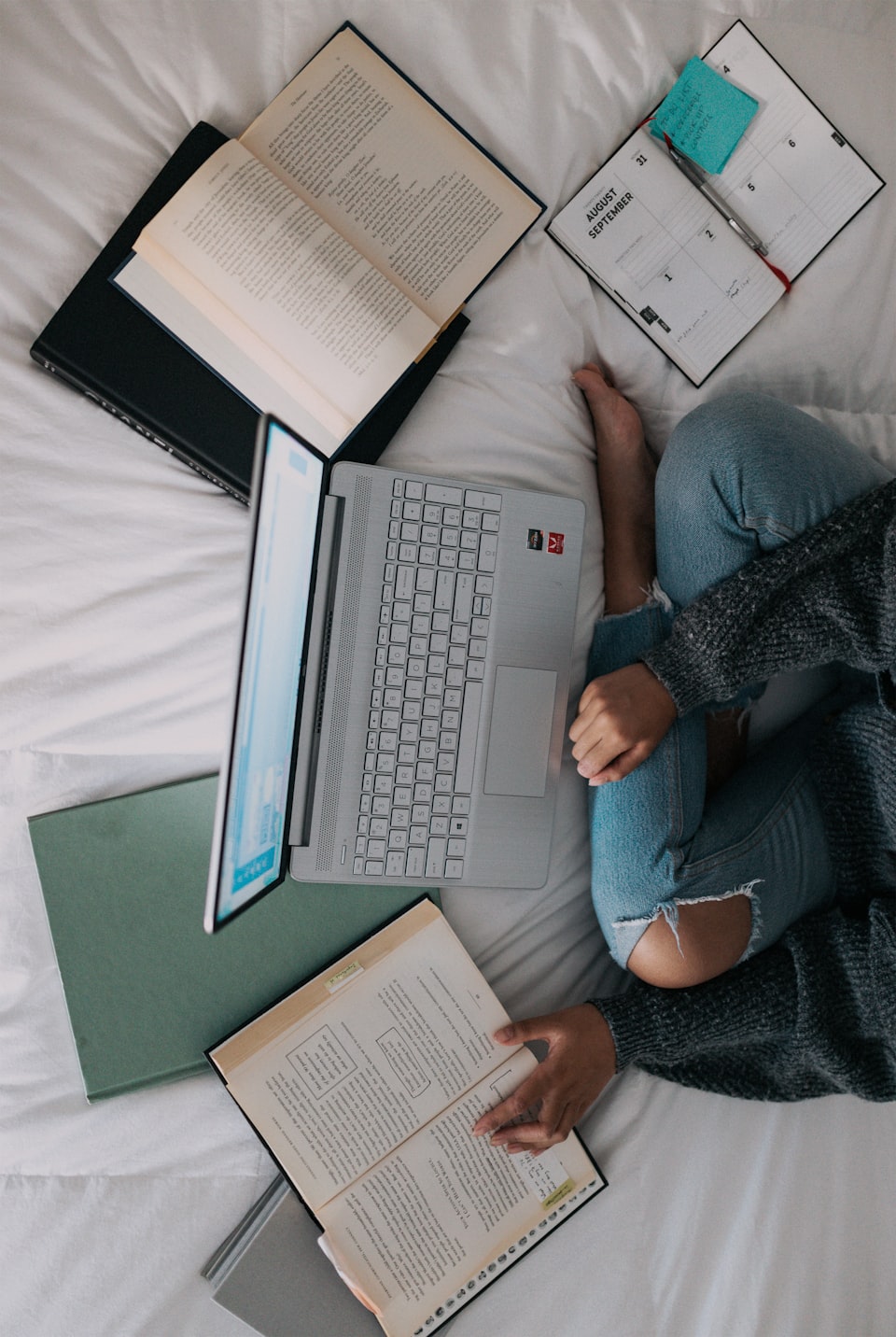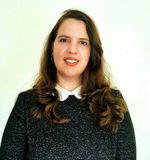The doctorate is one of the greatest academic challenges in the life of a researcher, it is the search for the "strict sense" of a specific theme within their area. It is a time when you are expected to become an investigator; that produces an original, innovative, unpublished or complementary, and expanded study. The path to obtaining a doctorate can be long and arduous, but with effective strategies, ideas, and practices, you will be able to maximize your results and achieve the desired success.
We went through this recently and, therefore, we decided to share fundamental tips to get this walk. As PhD scholars, we have learned numerous lessons that we find valuable about what works and what doesn't work in pathway practices. The most important thing was to focus on the purpose! A daily routine is essential, with realistic, achievable and why not, pleasurable goals?!
Having a routine brings focus and helps maintain discipline. Realistic goals keep us motivated and allow us to celebrate progress. Another valuable lesson is the importance of making the most of institutional opportunities, the Networking and exchanges between colleagues and researchers. These opportunities point to new ideas, partnerships, improvements and perspectives for publication, qualification and knowledge of different techniques and tools in the process.
Attention to the Checklist of productivity :
the. What is your task? Do one thing at a time, always reflect on the reason and its contribution to the whole.
b. Why did you prioritize this task? Always question what is your contribution to the success of the project/research?
c. What can you achieve in this work session? Set a reasonable expectation for yourself and set new challenges.
d. What will be your work routine? How much time will you dedicate until you take a break? Set a timer and stay focused! Here you can apply the Pomodoro technique, created by the Italian Francisco Cirillom, which consists of working intensely for a period of 25 minutes, followed by a five-minute break. After four cycles, a break of 15 to 30 minutes is taken. This is a great technique and helps you stay focused and productive.
and. What are the parts of the task? Break down large tasks into parts. For example, divide the literature review into themes, then within each theme set weekly reading goals. That way you will have a workable schedule.
f. Isolated distractions? Close the door, close Facebook/WhatsApp, mailboxes, among others. Take on the challenge of isolating yourself for a few hours and concentrating. If inserting these moments into the routine is difficult, consider waking up 1 hour earlier: it can be productive to start the routine before everyone else.
g. What music sparks your productivity? Prepare a musical program that inspires you and brings you focus.
h. Always have water on hand! It helps your memory, keeps it light, let your creativity flow!
i. Stay motivated! How can you be rewarded for completing parts of the task? Create reward mechanisms! It can be an outdoor walk, a day off, a movie session... The important thing is that you celebrate each victory!
All the proposed strategies are fundamental to maintain the balance between academic work and personal life. It is very common to get overwhelmed with research work and forget to take care of yourself, so pay attention to self-care, set aside time, regular times to work on the research project, but also for pleasurable activities such as physical exercise, Hobbies , rest and sufficient sleep.
Some Ideas for Effective Communication with Advisors and Peers
the. Establish a relationship of partnership and trust with your advisor and colleagues.
b. Be clear and concise in your communications whenever possible and record them.
c. Be open to feedback and suggestions, and always welcome them.
d. Know when to ask for help and when to offer help to colleagues.
and. Make a doctoral diary with the steps (elaborate – rest – review and connect), see the progress of your project and share.
f. Always set deadlines: in this partnership relationship, commitment is essential.
Tips for challenging yourself
Focus on your purpose every day, seek your goals, and establish your routines, and maintain the responsibility of executing them; don't expect it to be easy; be determined.
the. Always start with the hardest, or most boring, tasks first.
b. Prepare for adversity, focus on what you control.
c. Be aware that time passes, do not abdone your present time.
d. Sense of priority, ask yourself at every moment: "Is this necessary?". What is the weight and importance of this in the project?
and. Engage in activities and partnerships in your field of research.
f. Seek inspiration from other researchers and reinforce the reason for your choice.
g. Maintain a positive outlook and learn from your mistakes.
h. Be patient with yourself, don't be afraid to fail.
i. Focus on direct and present perception, overcome worry, procrastination and perfectionism.
Good practices for writing and research
Research and writing are the most complex and important tasks in PhD practices. Some practices mark this path:
the. Create a writing and research plan to stay focused and productive.
b. Use reference management tools, for example the Software Mendeley, Zotero, among others.
c. Write regularly, even if it's a few sentences a day.
d. Never forget to ask feedback of their advisors and/or colleagues to improve their writing.
and. Seek organizational, scientific and technological knowledge.
f. Use technologies available for free on Google ( software s free) for the development of their research.
g. Use Software of analysis, for example, the platform Qualitative Data Analysis Software (QDAS), a specific application for qualitative analysis that integrates several functionalities.
h. Use the various resources made available by the institution in which you are inserted: courses, technical training, methodology, among others.
i. Use database, Sites of recognized credibility, such as:
https://www.uc. en/sibuc ; https://www.b-on.pt/ ; https://www.sciencedirect.com ; https://www.scopus.com/ ; https://scielo.org ; https://www.researchgate.net/ ; https://scholar.google.pt/
And, of course, turn to physical books whenever necessary.
Use of resources - an opportunity in PhD programs
Some resources for PhD researchers will help you maximize your practices and achieve faster responses:
the. Workshops and training in methodological and academic skills, such as writing and research.
b. Study groups and research confraternities for collaboration and Networking.
c. Technological support services provided by the institutions.
d. Psychological support and counseling services.
and. Scholarships and funding for research and studies by renowned banks and institutions.
f. University libraries and research database for broad access to scholarly sources.
These reflections consolidate a path taken by us in our experiences, reflections and challenges during my PhD in Portugal.
The doctorate is a choice! So, have fun! Instigate and want to know more. Having passion and curiosity for something can be the motivation that will take you to the end. In the future, these challenges may be greater, and maintaining concrete strategies, ideas, and practices can contribute to mitigating possible failures and lead to advances in knowledge in your field.
Finally, it is always worth remembering: take care of your physical and mental health, maintain clear and objective communication, and seek support whenever necessary. Make the most of each step of this journey, the practices of a doctorate expand reflections on the dimension of knowledge, but also on the smallness of our existence.


